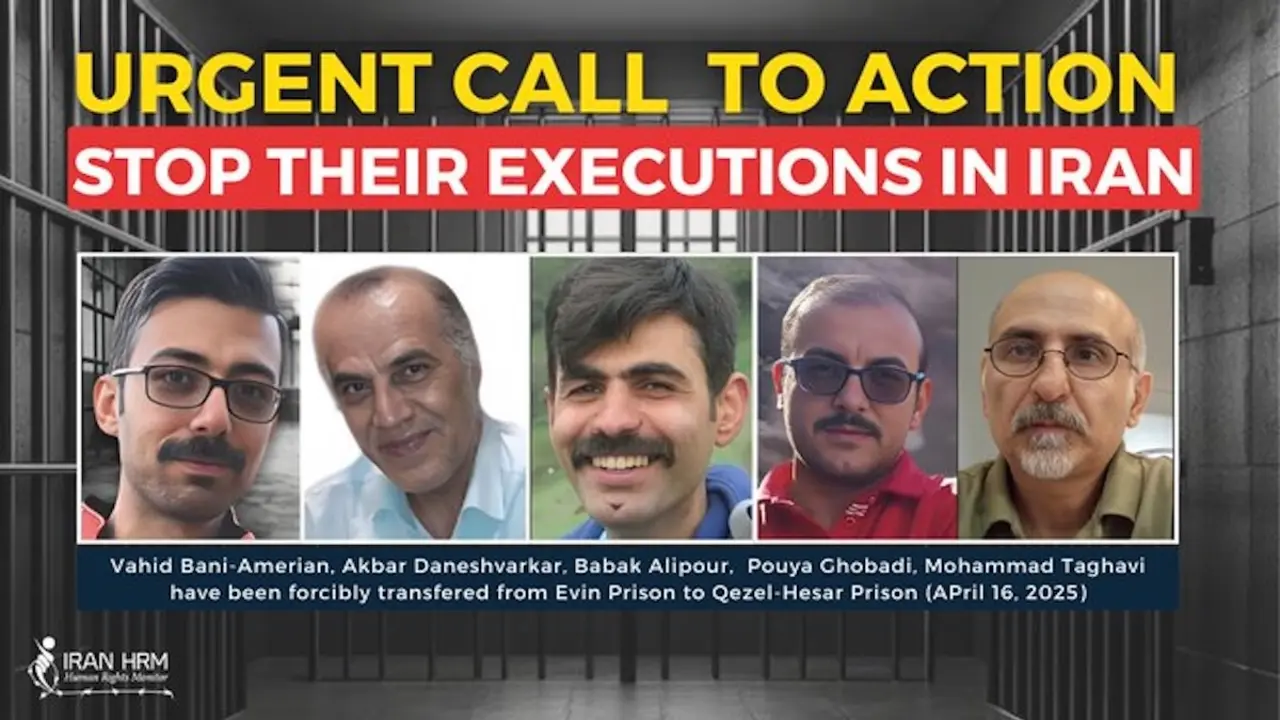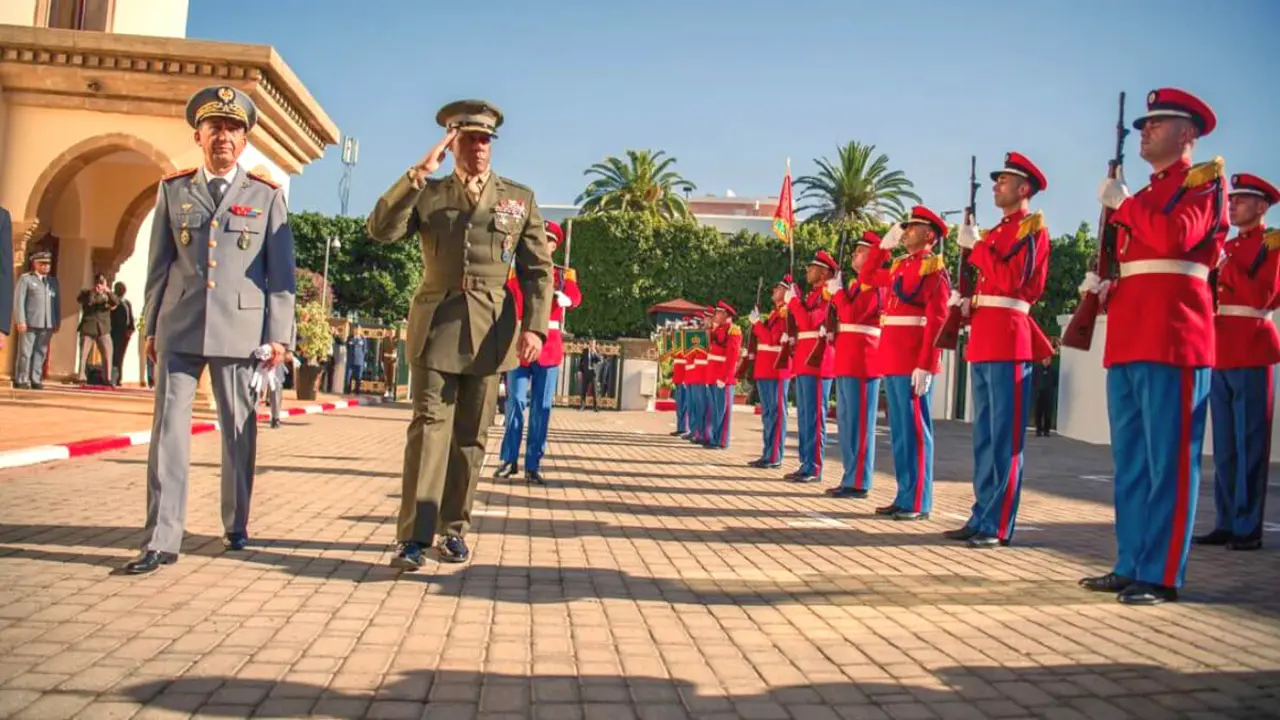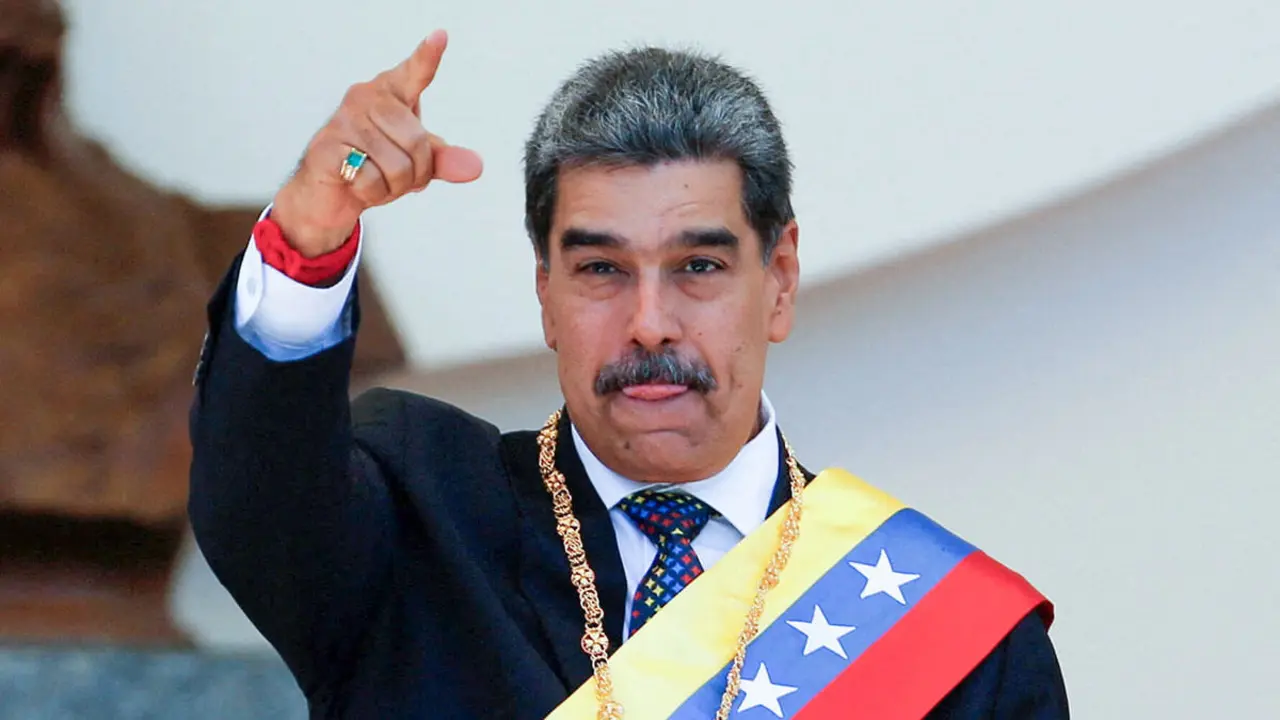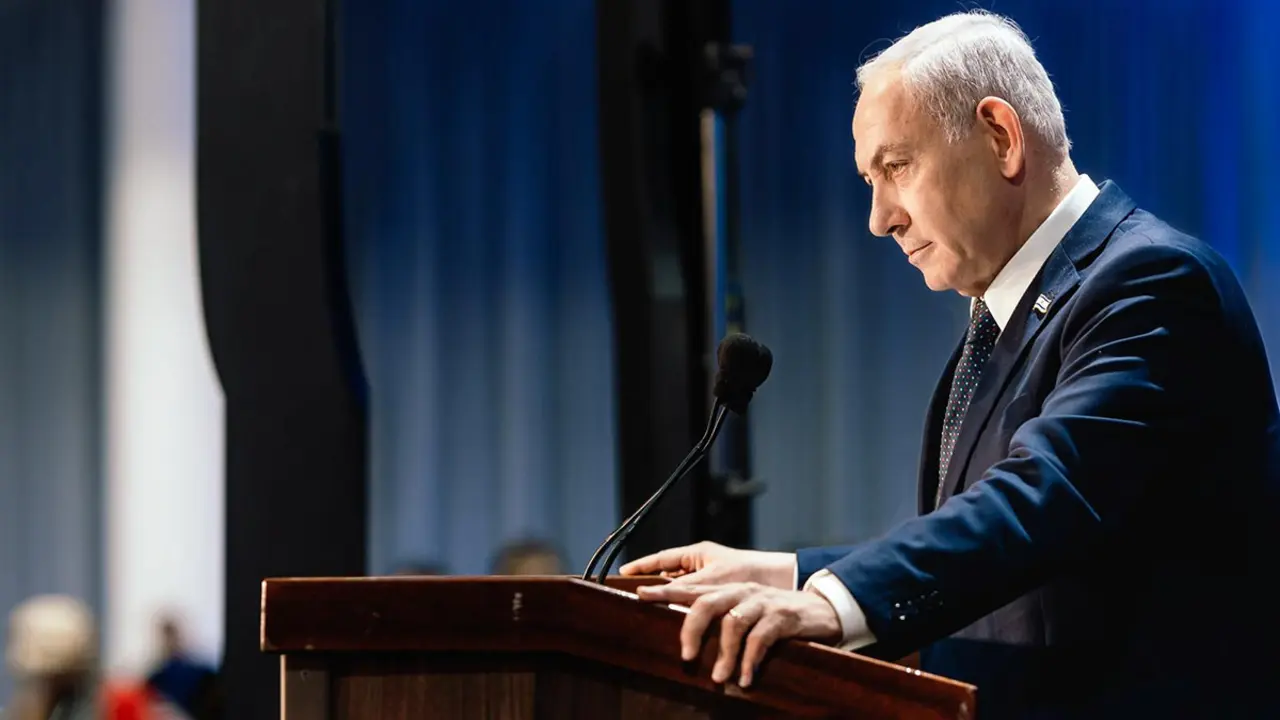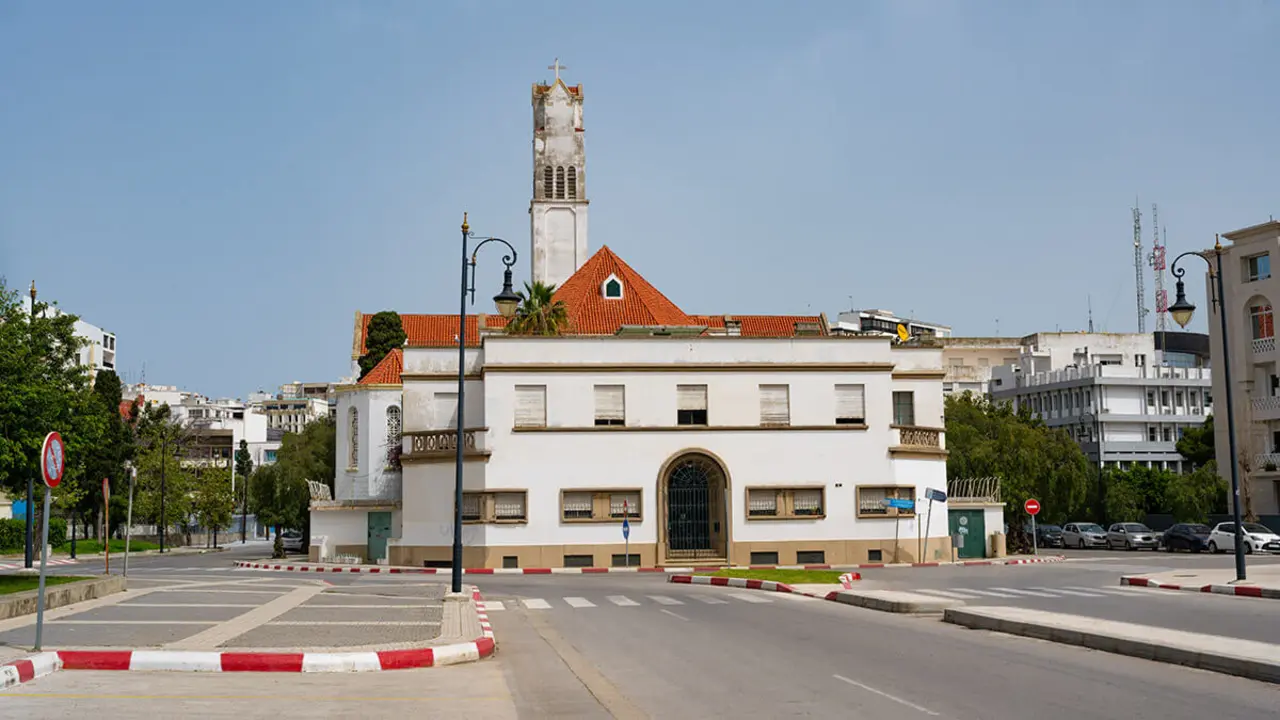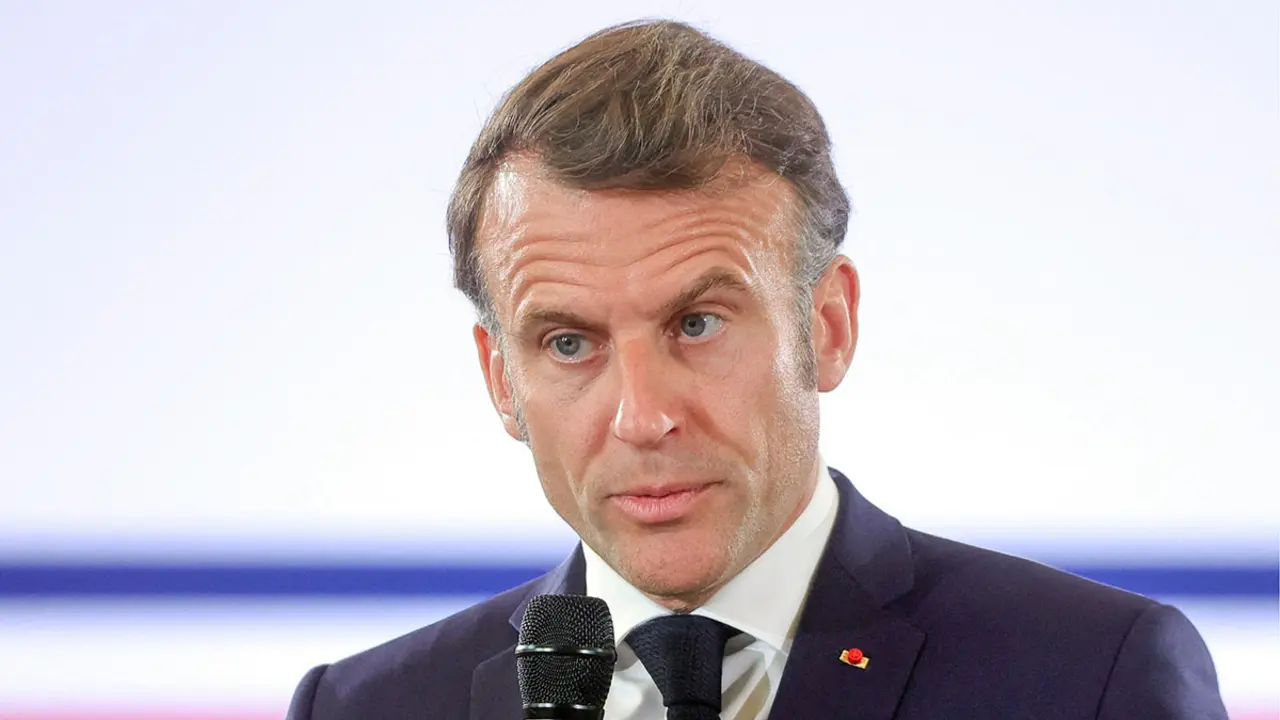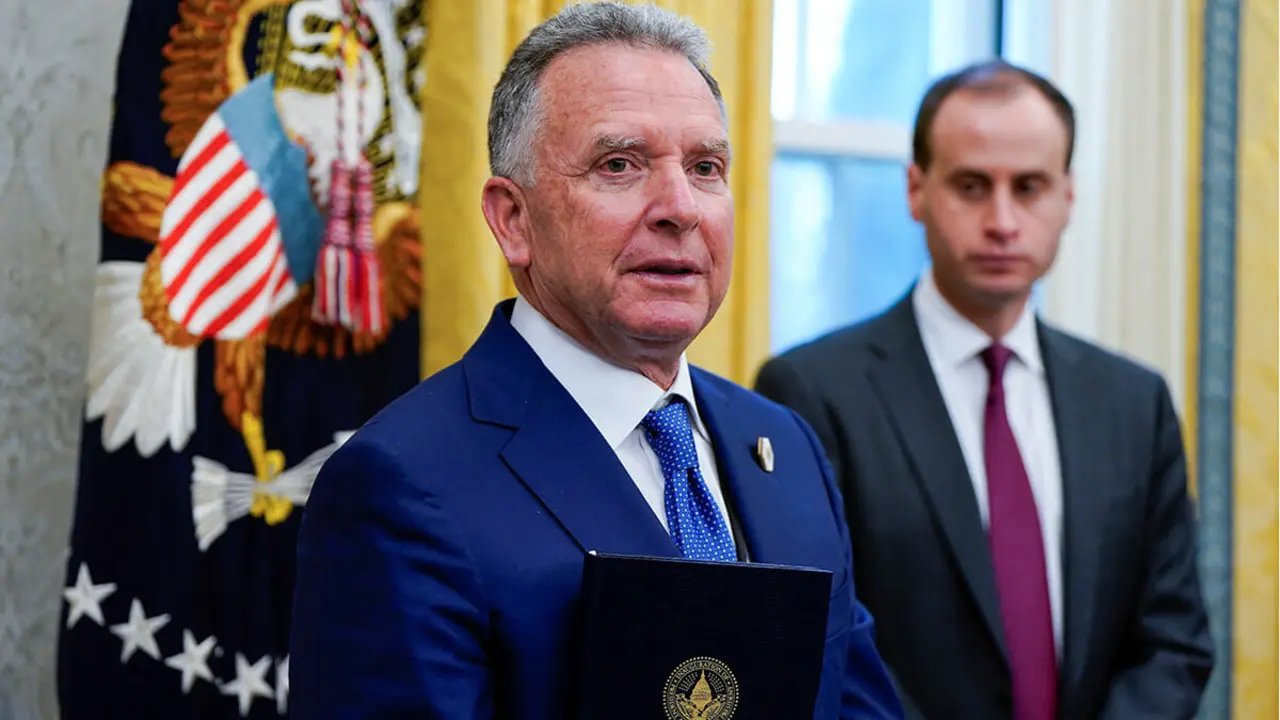The European Union and its transformation into a world power

The European Union has gone from being a utopian political idea and later a community of an economic nature to a union of a political nature and a great world power. This is the main message of the book "The European Union, from the utopian idea of Europe to the European Union as a world power", in which Francisco Aldecoa, Professor of International Relations and President of the Spanish Federal Council of the International European Movement, provides an in-depth review of the process of building the EU and the challenges that the European community project has faced and continues to face. Atalayar spoke with Francisco Aldecoa to explain the process of European construction and the political, economic and social dimensions of the Community initiative.
Mr Aldecoa, tell us about the book.
This book is a development of a previous book in a collection we had done for El País. The aim of the book is to explain how the European Union process dates back 75 years, specifically to the Hague Congress. It was civil society that drove the process. The Hague Congress in 1948 is the root of European integration. We have been building Europe for 100 years since Coudenhove-Kalergi and his Pan-Europe initiative. The foundations were laid 75 years ago at the Hague Congress with a debate on what the project of the European Union should be. From reading the proceedings I come to the conclusion that people with different positions end up making joint conclusions. For example, Winston Churchill argued for a Union of States rather than a Federation. Meanwhile, Altiero Spinelli defended the European Federation. But in the final conclusions, agreements were reached.
The Unionists wanted nothing to do with sovereignty and the Federalists wanted European sovereignty, and in the end a compromise was reached on sovereign competence in cases requiring a common position. This was the basis for what was to become the European project. The federalists wanted a constituent parliament, the others wanted a constituent parliament based on the states. The process of European integration is a comprehensive project which is still in force today.
At the beginning, there was the driving force behind the European Union, the objective of maintaining peace after the Second World War and the trade issue of the Economic Community of Coal and Steel.
The Schuman Declaration is more of a political project to create a European Federation. In the first part it is the ECSC, a community of strategic logic. After the failure of the European Political and Defence Community, they realised that the economic path had to be followed and the Treaty of Rome established a common market for coal and steel and an external tariff.

The federalist trend advocating a ceding of sovereignty and strong European institutions has been prevailing.
The common institutions have been important since their creation in 1951 and have been maintained over time. The scheme is the same, a Commission that has the political initiative, a Council that represents the states, a Parliament that represents the interests of the citizens and a Court that represents the law, Robert Schuman's scheme of shared sovereignty in necessary matters has been maintained to the present day with further development.
Further steps were taken with Maastricht and Lisbon, with the single currency, European citizenship and the leap from the economy to a common foreign and defence policy.
Maastricht was important because it came after the end of the Cold War as a result of the Fall of the Wall. The novelty of Maastricht is that it moves from a community of an economic nature to a union of a political nature, in an incomplete form, which will be developed in later years. And the euro will be the first expression of the federal model, it will function federally. Up to the present day, there has been the Treaty of Lisbon and the Laeken Declaration, which seeks a deeper federalisation and the creation of a Convention from which a Constitution emerges, which is not later ratified. The Treaty of Lisbon rescues the fundamental elements of the Constitution, fundamentally the institutional, foreign policy and defence aspects in their entirety. The Lisbon Treaty enters into force in 2009 and they don't quite dare to implement this. In practice, PESCO seeks to create a defence security organisation, but, in the end, with a group of states with more capabilities, which was the French proposal. The Germans wanted everyone to join, and 25 of the 27 joined, all except Denmark and Malta.
PESCO is going to be important as a reinforcement of the defence industrial policy, which has seen an impressive effort, so impressive that it is going to stop buying American material. The first clashes with Donald Trump were about this, and there are still clashes about it today. As for example with the last 2 billion euros given in ammunition and armaments for Ukraine, with the article 179 procedure, which is for industrial development. It is not done unanimously because it is a proposal from the Defence Commissioner and it is done through this article. This is important and has angered the Americans. Article 179 is only about aid for European countries, so the purchase is done in Europe by developing a very specific article. Through this, everything has to be bought here and it has led to clashes within NATO because the Americans have not been able to get anything out of this 2 billion.
There have been successive enlargements of the European Union?
I'm talking about five enlargements. The first, that of the United Kingdom, Denmark and Ireland, Norway was also expected to join, but did not do so by referendum, due to a small difference in the final result. The second enlargement is that of Greece, Portugal and Spain. They were countries with the same economic and agricultural structure and were emerging from dictatorships, i.e. with similar situations. Spain has played a central role 37 years after joining the European Union. From Spain, we raised the issue of European citizenship, which has not been developed, and the issue of cohesion, which was very important to us and which was based on accepting all the reforms requested in exchange for European funding, since Spain was at a lower income level.
The European Union showed great solidarity in this area.
Of course it did. That was the big negotiation. In exchange for accepting all the reforms insofar as they paid through the cohesion mechanism. Although it was good for other countries like Germany because cohesion has financed their industry and machinery. Spain would never have been able to buy without European funding. It is an instrument that worked for both sides and generated important cohesion.
And, later, the enlargement to the north and east...
Those in the north are the ones who arrive with "bread under their arms". Countries like Austria, Sweden and Finland that have a very high income and didn't need any more help. They finance everything. Norway tried again, but the referendum failed.
Then the fourth enlargement was in 2004, with the entry of eight countries all at once, and two later, Bulgaria and Romania, in 2007, with other levels of development and without meeting the requirements for enlargement at the time. And finally, Croatia joined in 2013, bringing the total number of countries to 28, but the European Union remained at 27 with the exit of the United Kingdom. The UK's exit was an important opportunity because it would have been impossible to reach agreements on some issues such as the Next Generation Funds with the British presence. The UK will come back at some point, but on different terms.
There are three problems that put the European project in doubt: the pandemic, Brexit and the war in Ukraine. And the opposite has been the case, they have strengthened the EU.
There is no doubt about this. It was assumed that these three major issues would shatter the European project, but the opposite has been the case and there has been remarkable cohesion. The most important thing is the Next Generation funds, 750 billion euros, nobody thought of these figures, which are fantastic. Angela Merkel said that as long as she was alive the debt would not be communitised, but she defended to the end the fact that the debt had to be communitised, but the future debt that was generated to deal with the consequences of the pandemic had to be financed with community funds. In fact, there was a shortage of money, and Germany put in more than its fair share. This was despite complaints from countries such as the Netherlands, which received less money. Angela Merkel said that when faced with extraordinary situations, extraordinary decisions had to be taken to give cohesion to the whole. This is something that is working very well and is having a very positive effect in Spain, as it is in Italy too, a country that was allocated more than 200 billion, of which very little has arrived until the policy of President Meloni, who is changing her policies in general to be able to continue accessing aid, with the mediation of the minister Antonio Tajani, who is a pro-European and very skilful politician, does not change. This is a sign that cohesion is working and that the EU model is going ahead.
This applies to economic and social issues. On the foreign policy side, the response to Russia's invasion of Ukraine is important.
I am convinced. In Josep Borrell's latest book, with his memoirs as EU High Representative for Foreign Policy, he says that the main objective of the invasion was not Ukraine, it was to weaken the European Union and to achieve the division of the member states. I agree with that view. It has had the opposite effect. It produced a strengthening of the whole and of the Member States. In the case of Hungary, a technical formula was sought to accept the common position of the 11th package of restrictive sanction measures through the mechanism of constructive abstention, which until then was not accepted. Until now, it was understood that only the right of veto, if there was not a unanimous positive position of the 27, the proposal was not accepted, and now it is being interpreted that if you abstain and do not oppose it, it goes ahead. That is what has been done in this situation. Hungary must have been given something underhand to disassociate itself from Russia.
The opposite has happened, there has been cohesion. The first thing to bear in mind is the pandemic, which is very important, there has been money to distribute, the Next Generation funds are working, with some inaccuracies, but this mechanism works miracles, with 750 billion in total.
And in foreign policy, of course it does too. The foreign service is not usually given importance because Spanish public opinion does not quite understand that there is a foreign diplomacy that is different from the diplomacy of the Member States. There is a minister, who is the High Representative for Foreign Policy. He is a minister with his own diplomacy, with 150 delegations and multiple delegations in all states. A diplomatic service that is stronger than even the American diplomatic service, because if you take away the military part it does not have 4,000 civil servants dedicated to foreign policy. All this goes unnoticed. On top of that, it is headed by Josep Borrell, and on many issues, such as governance, the EU is gaining leverage to impose its policies. The European foreign service is very tight and does not follow the lead of the United States.

Now it is Spain's turn to hold the presidency of the European Union. Where is the EU heading?
There is a triple singularity. The first is that it is Spain's turn to finish this term of office, with particularly technical issues that were left pending from the last Councils, and there will not be another important presidency that can raise issues until 2025. Then it will be the turn of Belgium, Hungary and Poland, with all that that entails, with possible unconstructive positions.
The second singularity is that we are in a reform process that has not yet come to fruition and, specifically, the European Parliament's proposal of 2022 to reform the Treaties and create a Convention. Spain will not have time. In addition, there is a proposal that is being delayed by the Constitutional Commission that already says which articles need to be changed; there will not be time for a minimum reform. But we in the European Movement are calling for a solemn declaration regarding the issues to be reformed, such as the disappearance of the unanimous decision, not the assumption of qualified majority voting, which is a lot to say, and then social developments and immigration issues, which are the most politically important issues.
And there is a third problem, which is the elections and which nobody talks about. Although I am close to the PSOE, I am a professor and I have been arguing that there should be a minimum agreement between the Popular Party and the PSOE for the Spanish presidency. Pedro Sánchez has an unbeatable image in the EU and if the PP has to remain in the presidency it is counterproductive for them to attack the Spanish Prime Minister, and there must be a minimum agreement on issues such as Latin America and the Mediterranean. In addition, Open Strategic Self-Government, which is a central issue on what we are going to do in the future, including digital, environment, trade, as well as security and defence.
And an important issue is that of the European Political Community, which is not usually touched upon. There have been two summits, in Prague and Chisinau, the third is in Granada and the fourth in London, with 46 states that have a lot of weight from an international point of view. It becomes a kind of Confederation and decisions have to be taken unanimously. It is a new political organisation that begins to take on a life of its own. The Moldovan Declaration was very important, with harsh criticism of Russia from 46 states, including Serbia, which is very close to Russia. A further step will now have to be taken in Madrid, and little is said about it. The issue of the interconnectivity of the east with the rest of Europe and other issues such as the energy market has also been raised. All of which is very important, because the prime ministers of the different countries are meeting and accepting European resolutions.
The Treaties need to be reformed or at least a commission should be set up between the two parties to make a solemn declaration of proposal.


